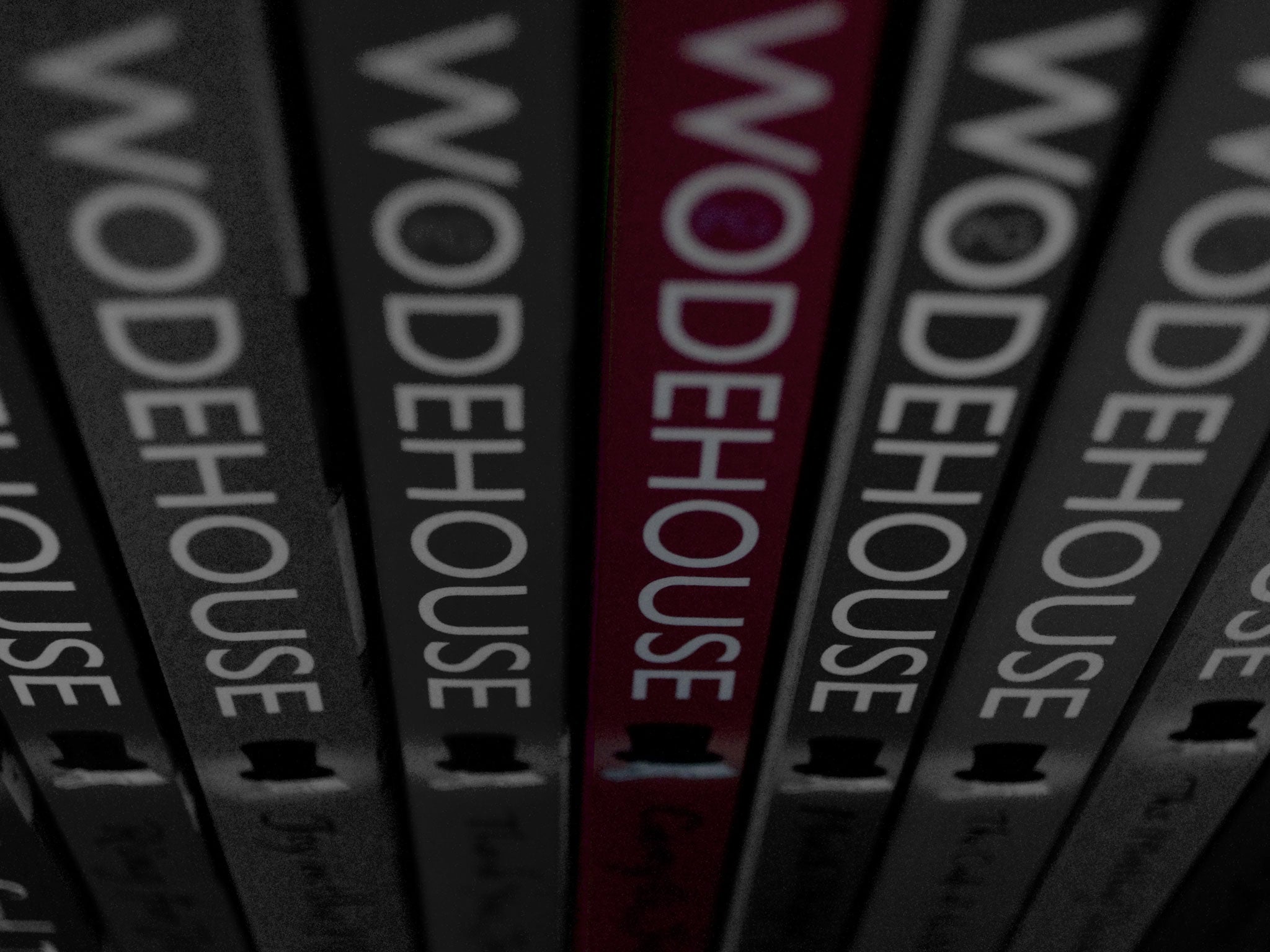Whatever happened to PG Wodehouse?

I have a bone to pick with education, and for a change it’s not about Michael Gove. You see, this week the library and I fell out.
I was browsing idly – read: putting off doing any dissertation work – when I stumbled upon a previously undiscovered shelf. The PG Wodehouse shelf. Or rather, the tiny impersonation of the Wodehouse shelf, containing no more than eleven books. None of them were novels. I stood back from the shelf, no doubt looking more surprised than Moses when the bush started burning. What is this madness, I huffed, and stomped off to find a librarian, a rare and treacherous creature.
Pelham Grenville Wodehouse, Plum to his friends, wrote 96 books. Ninety-six! That’s a phenomenal figure for a man that died at ninety-three. He is slightly usurped by a certain Dame Barbara Cartland – this information was discovered in a seminar, late last term – who produced 723 books in her working life, but let’s pretend Wodehouse is still on top. The most impressive part of all of this is that absolutely none of them are in my library. That’s right, no Cartland and no Wodehouse. It’s almost a miracle, it’s so bizarre.
Michael Gove’s symphony of education reforms is adjusting the way GCSEs are conducted in England; the (quite right) emphasis on Shakespeare and British history is designed to vitalise our children. The Education Secretary’s idea of making GCSEs more demanding to "give our young people the broad, deep and balanced education" is great, as it goes. We’re all entitled to a broad, deep and balanced education, away from subjective bias and personal agendas.
But while we’re here, talking about "balanced education" then where’s the comedy? Where are Waugh’s heartless, tormenting satires, the mastery of Wodehouse and Oscar Wilde’s gag-filled plays that make up the three great Ws? If English literature is under academic scrutiny – as it so often is, even at the pub when people ask what you’re studying and then, I kid you not, laugh when you say English – then where’s the Wodehouse? Where is the commander of the extended simile, the ludicrous metaphor that timelessly produces a snort of laughter? Where is Jeeves, heartily putting down his master, and why isn’t he in my library?
Look for the Hemingway shelf, and it’s packed with fiction and criticism alike. The brilliant man who designed the Iceberg Theory of omission is well distributed throughout libraries nationwide. Like F. Scott Fitzgerald, many glorify him on the back of one novel – the one they pretend to have read. In my college library, Virginia Woolf and James Joyce are ever spreading across the aisles; Joseph Conrad leaks recklessly across the twentieth century.
But Henry Green, Nancy Mitford and Evelyn Waugh, those bright young people who popularised and characterised an important generation of literature – and influenced by Wodehouse himself – are nowhere to be seen. Their library presence is negligible; they are simply unfashionable.
For GCSE I read Maya Angelou’s I Know Where The Caged Bird Sings. My sixteen-year-old self condemned it to be the death of literature. But it was different – not Of Mice and Men, not To Kill A Mockingbird, and I am one of few in seminars that hasn’t read either. Angelou wasn’t a fashionable GCSE text, but we read it anyway and benefited.
Similar benefits are found in Wodehouse’s Blandings Castle, inside the Drones Club and sashaying down Piccadilly. If education reforms are to perfect standards of education, perhaps they might look at university libraries for inspiration. They could certainly do with an edit.
Join our commenting forum
Join thought-provoking conversations, follow other Independent readers and see their replies
Comments
Bookmark popover
Removed from bookmarks